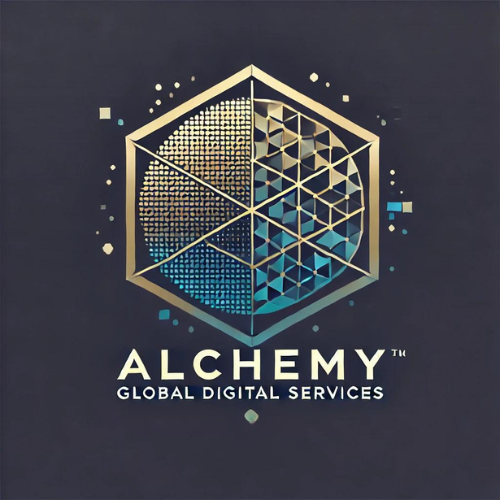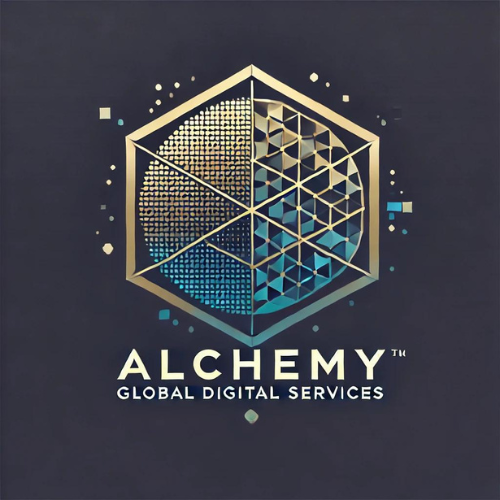In the rapidly evolving landscape of business, digital marketing has emerged as a crucial component for success. As companies pivot towards online platforms, understanding modern digital marketing concepts and strategies becomes essential. This comprehensive guide will explore the fundamentals of digital marketing, its importance, and effective strategies that businesses can implement to thrive in the digital age.
Understanding Digital Marketing
Digital marketing encompasses all marketing efforts that utilize electronic devices and the internet. This broad category includes various channels such as search engines, social media, email, websites, and mobile applications. Unlike traditional marketing methods that rely on one-way communication, digital marketing fosters two-way interactions between brands and consumers, allowing for personalized experiences and real-time feedback.
Key Components of Digital Marketing
- Search Engine Optimization (SEO): The practice of optimizing your website to rank higher in search engine results pages (SERPs). Effective SEO increases organic traffic to your site by improving visibility.
- Content Marketing: This strategy involves creating valuable content to attract and engage a target audience. Content can take various forms, including blog posts, videos, infographics, and podcasts.
- Social Media Marketing: Leveraging platforms like Facebook, Instagram, LinkedIn, and Twitter to connect with audiences, build brand awareness, and drive traffic to your website.
- Email Marketing: A direct marketing channel that involves sending targeted messages to a segmented audience via email. It is an effective way to nurture leads and maintain customer relationships.
- Pay-Per-Click Advertising (PPC): A form of online advertising where businesses pay a fee each time their ad is clicked. Google Ads is a popular platform for PPC campaigns.
- Affiliate Marketing: A performance-based marketing strategy where businesses reward affiliates for generating traffic or sales through their promotional efforts.
The Importance of Digital Marketing
In today’s technology-driven world, digital marketing is more important than ever. Here are several reasons why businesses must prioritize their digital marketing efforts:
- Wider Reach: Digital marketing allows businesses to reach a global audience without geographical limitations. With billions of users online daily, the potential for engagement is immense.
- Cost-Effectiveness: Compared to traditional marketing methods, digital marketing offers more affordable options with measurable results. Businesses can allocate budgets more efficiently and track ROI accurately.
- Targeted Advertising: Digital marketing enables precise targeting based on demographics, interests, behavior, and location. This level of segmentation ensures that marketing messages reach the right audience at the right time.
- Real-Time Analytics: Businesses can track the performance of their campaigns in real-time using analytics tools. This data-driven approach allows for quick adjustments to optimize results.
- Enhanced Customer Engagement: Digital channels facilitate direct communication with customers through comments, messages, and reviews. Engaging with customers fosters loyalty and builds brand trust.
Modern Digital Marketing Strategies
To effectively harness the power of digital marketing, businesses should implement the following strategies:
1. Develop a Comprehensive SEO Strategy
SEO is foundational for any digital marketing effort. A well-executed SEO strategy can significantly increase organic traffic and improve visibility in search engines.
- Keyword Research: Identify relevant keywords that potential customers are searching for using tools like Google Keyword Planner or SEMrush.
- On-Page Optimization: Optimize website content by incorporating targeted keywords into titles, meta descriptions, headers, and body text while ensuring a good user experience.
- Technical SEO: Ensure your website is technically sound by improving loading speed, mobile responsiveness, and site architecture.
2. Create High-Quality Content
Content is at the heart of digital marketing. Providing valuable content not only attracts visitors but also establishes authority in your industry.
- Blogging: Regularly publish informative blog posts that address common questions or pain points in your industry.
- Visual Content: Incorporate images, infographics, and videos to enhance engagement and convey information effectively.
- Content Distribution: Share your content across various platforms such as social media channels and email newsletters to maximize reach.
3. Leverage Social Media Platforms
Social media is a powerful tool for building brand awareness and engaging with customers directly.
- Choose the Right Platforms: Identify which social media platforms your target audience uses most frequently (e.g., LinkedIn for B2B or Instagram for B2C).
- Consistent Posting Schedule: Develop a content calendar to ensure regular posting and maintain engagement with your audience.
- Engagement Strategies: Respond promptly to comments and messages to foster community interaction and build relationships with followers.
4. Implement Email Marketing Campaigns
Email marketing remains one of the most effective channels for nurturing leads and maintaining customer relationships.
- Segmentation: Divide your email list into segments based on customer behavior or interests to send personalized content.
- Automated Campaigns: Use automation tools to set up drip campaigns that deliver targeted messages based on user actions (e.g., welcome emails or abandoned cart reminders).
- A/B Testing: Experiment with different subject lines, content formats, and sending times to determine what resonates best with your audience.
5. Utilize Pay-Per-Click Advertising
PPC advertising can drive immediate traffic to your website when executed correctly.
- Targeted Ads: Create ads targeting specific demographics or interests using platforms like Google Ads or Facebook Ads.
- Landing Page Optimization: Ensure that landing pages are optimized for conversion by providing clear calls-to-action (CTAs) and relevant information.
- Monitor Performance: Regularly analyze ad performance metrics such as click-through rates (CTR) and conversion rates to optimize campaigns accordingly.
6. Embrace Data Analytics
Data analytics plays a vital role in refining digital marketing strategies.
- Google Analytics: Utilize Google Analytics to track website traffic sources, user behavior, conversion rates, and other key metrics.
- Customer Journey Mapping: Analyze data from various touchpoints along the customer journey to identify areas for improvement.
- Continuous Improvement: Use insights gained from analytics to make data-driven decisions that enhance overall marketing effectiveness.
Best Practices for Modern Digital Marketing
To maximize the effectiveness of your digital marketing efforts, consider these best practices:
- Stay Up-to-Date with Trends: The digital landscape is constantly evolving; stay informed about emerging trends such as AI in marketing or changes in social media algorithms.
- Focus on User Experience (UX): Ensure that your website provides an excellent user experience by optimizing navigation, loading speed, and mobile responsiveness.
- Personalization is Key: Tailor your messaging based on customer preferences and behaviors to create more meaningful interactions.
- Invest in Training: Equip your team with the necessary skills through training programs focused on digital marketing tools and techniques.
- Engage in Continuous Testing: Regularly test different strategies across all channels—whether it’s A/B testing emails or experimenting with ad formats—to find what works best for your audience.
Conclusion
Modern digital marketing is an essential component of any successful business strategy today. By understanding its core concepts—such as SEO, content creation, social media engagement, email campaigns, PPC advertising—and implementing effective strategies tailored to your audience’s needs, you can enhance brand visibility and drive growth.As technology continues to evolve, staying adaptable will be key to navigating the complexities of digital marketing successfully. Embrace innovation while focusing on delivering value to your customers; this approach will not only elevate your brand but also position you as a leader in the competitive marketplace of tomorrow.By leveraging these insights into modern digital marketing concepts and strategies effectively within your business framework, you can ensure long-term success in an increasingly interconnected world where consumer expectations continue to rise rapidly.






